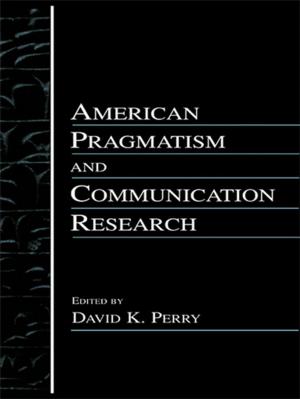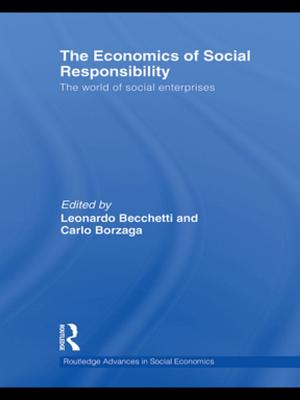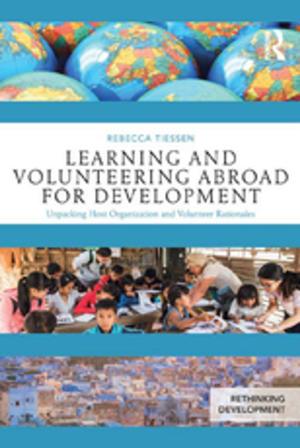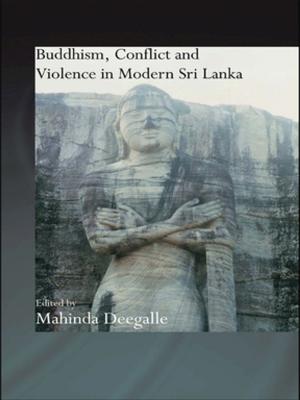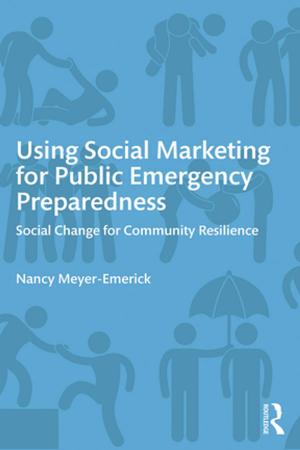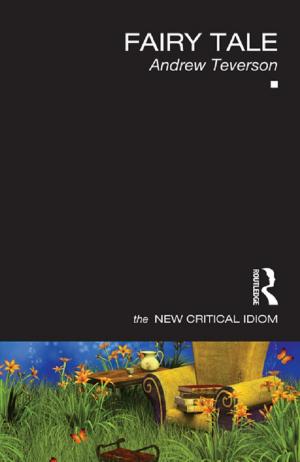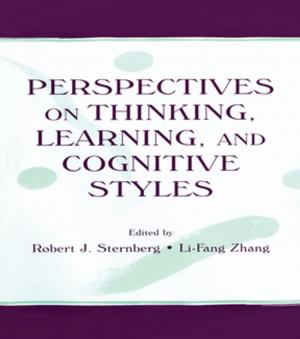Media, Identity, and Struggle in Twenty-First-Century China
Business & Finance, Economics, Foreign Exchange, Nonfiction, Social & Cultural Studies, Political Science| Author: | ISBN: | 9781317991076 | |
| Publisher: | Taylor and Francis | Publication: | September 13, 2013 |
| Imprint: | Routledge | Language: | English |
| Author: | |
| ISBN: | 9781317991076 |
| Publisher: | Taylor and Francis |
| Publication: | September 13, 2013 |
| Imprint: | Routledge |
| Language: | English |
How are different groups of people such as sex workers, migrant workers, rural cadres and homosexuals represented in China’s media? How accurately do representations created by the media reflect the lived experiences of Chinese people? Do Chinese people accept the representations and messages disseminated by the media? Can they use the media to portray their own interests? How are media practices in China changing? Have new technologies and increased access to international media opened up new spaces for struggle in China?
The essays in this volume address these questions by using a combination of ethnography and textual analysis and by exploring representation in and usage of a range of media including instant messaging, the internet, television, films, magazines and newspapers. The essays highlight highlights the richness, diversity, and sometimes contradictory tendencies of the meanings and consequences of media representations in China. The volume cautions against approaches that take the representations created by the media in China at face value and against oversimplified assumptions about the motivations and agency of players in the complex struggles that occur between the media, the Chinese state, and Chinese citizens.
How are different groups of people such as sex workers, migrant workers, rural cadres and homosexuals represented in China’s media? How accurately do representations created by the media reflect the lived experiences of Chinese people? Do Chinese people accept the representations and messages disseminated by the media? Can they use the media to portray their own interests? How are media practices in China changing? Have new technologies and increased access to international media opened up new spaces for struggle in China?
The essays in this volume address these questions by using a combination of ethnography and textual analysis and by exploring representation in and usage of a range of media including instant messaging, the internet, television, films, magazines and newspapers. The essays highlight highlights the richness, diversity, and sometimes contradictory tendencies of the meanings and consequences of media representations in China. The volume cautions against approaches that take the representations created by the media in China at face value and against oversimplified assumptions about the motivations and agency of players in the complex struggles that occur between the media, the Chinese state, and Chinese citizens.



